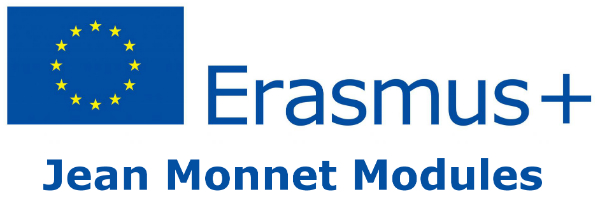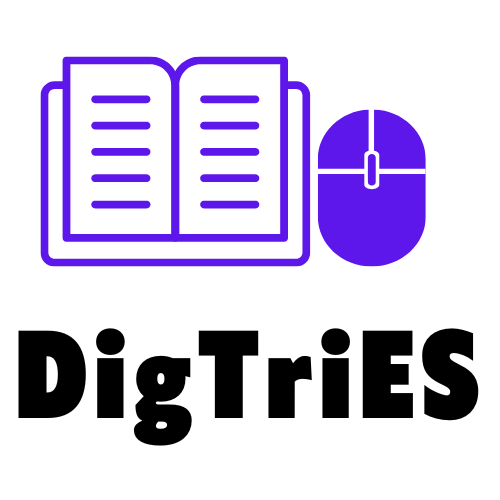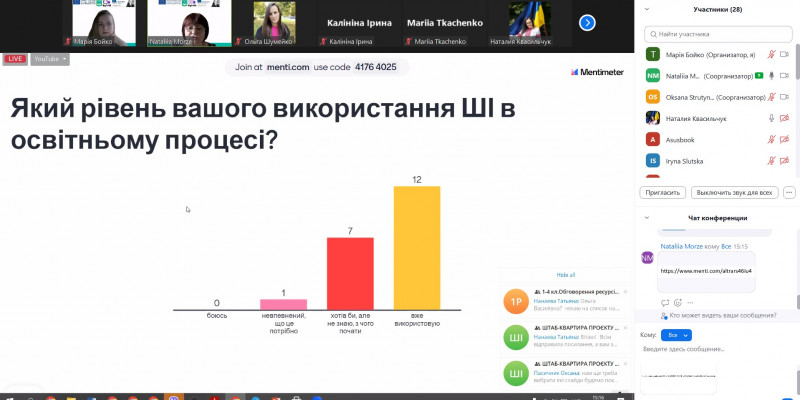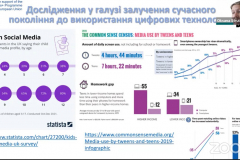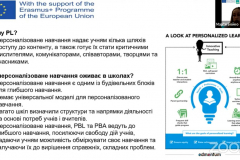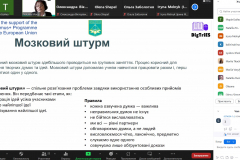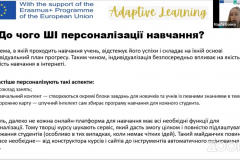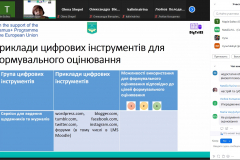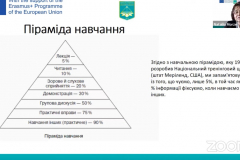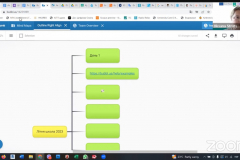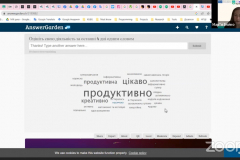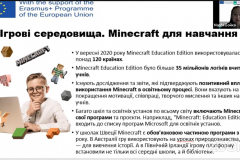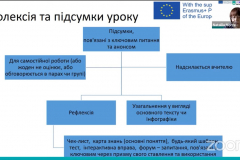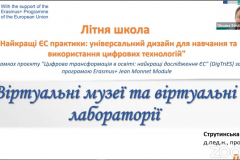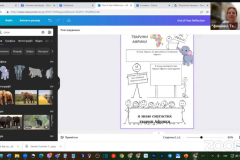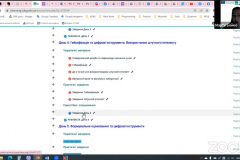From June 26 to 30, the participants of the project (Grynevych L., Boiko M., Morze N., Strutynska O.) “Digital transformation in education: the best studies of the EU” (DigTriES), Erasmus+ (Jean Monnet Module), No. 10109900 was organized and successfully the summer school “EU Best Practices: Universal Design for Learning and Using Digital Technologies” was held.
The aim of the summer school was to acquaint the participants with EU best practices in the implementation of the digital transformation of education, in particular with the technology of universal design for learning and digital services and technologies that contribute to the personalization of the educational process of primary school students, gain practical skills in using digital tools to engage and motivate students , development of digital content during lesson preparation, assessment of students and organization of practical activities.
On the first day, they talked about the digital transformation of school education as a response to the impact of the war, the EU policy regarding the digital transformation of the educational process, selected courses to increase the level of the Central Committee on the EU portals, researched the trends of digitalization of education in the EU and Ukraine, got acquainted with tools for self-assessment of the level of the Central Committee of the teacher and worked with digital services while studying various elementary school subjects.
On the second day, the participants learned about AI and its use as a teacher’s assistant, about the possibilities of using ChapGPT, designing educational goals and the corresponding educational activities of elementary school students using digital tools, the peculiarities of conducting, got acquainted with the lesson plan template and the criteria for evaluating the quality of the prepared lesson using digital tools.
On the third day, participants listened to reports and took part in interactive sessions on the following topics: “Features of generations. Generation Alpha”, “Personalization of learning”, “Selection of educational content for students with different cognitive styles (according to the VARK method)”, “Using digital tools for presentation educational material in various formats”, “Ways of engaging students and interactive learning”.
On the fourth day, summer school speakers shared interesting research on Universal Design and barriers to student learning. The participants got acquainted with practical cases of gamification in education, considered digital tools for adding game elements to the lesson, learned where they and students use artificial intelligence, and viewed the possibilities of using virtual museums and virtual laboratories.
On the final day, they talked about self-assessment of progress and reflection in lessons, the use of digital tools. The participants got acquainted with the digital tools for formative assessment and acquired practical skills in applying the digital tools for formative assessment.
Elementary school teachers, heads (directors) and method educators of preschool education institutions, future teachers were invited to participate in the summer school. The training lasted 30 hours. After completing the summer school, the participants received certificates of professional development.
The video recording of the meetings can be viewed on the project’s YouTube channel.
